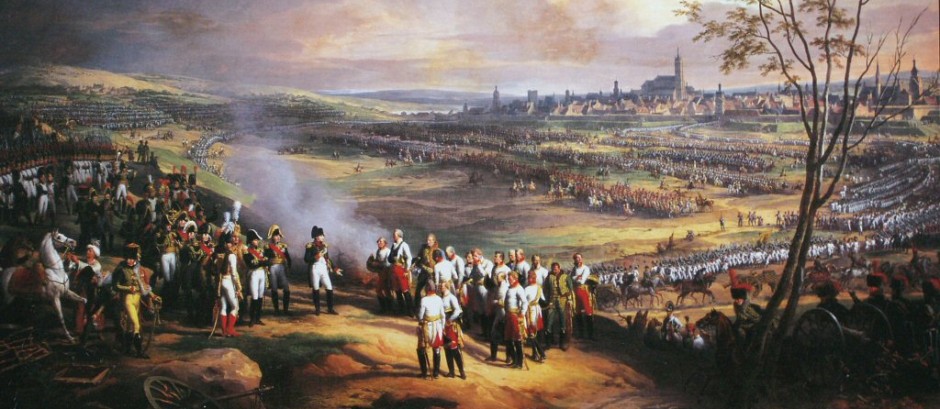Which of the following was of greater importance as a reason for overseas exploration in the period 1445-1570:
(i) Patronage
(ii) Religion
Explain your answer with reference to both (i) and (ii). (12 points/marks)
High level Student Response: (Exceeds the Standard)
The cost of overseas exploration and voyages of discovery meant that without patronage the voyages would never have taken place. It was only because of Isabella of Castile’s patronage of Christopher Columbus in 1492 that he was able to undertake his voyage that led ultimately to the discovery of the Americas. Similarly, even if the motives for supporting the voyages were religious, it was the financial backing and encouragement given by Henry the Navigator that allowed the early Portuguese voyages to be undertaken, which would result in the later establishment of trading posts. His patronage led to a committee being established to organize trade and acquire collections of maps and charts that made the voyages possible, therefore without this the voyages would never have happened. The patrons were motivated by a variety of reasons but without their initial outlay the voyages would not have taken place, as shown by Columbus’ struggle to find a sponsor.
Religion was a motive of some of the patrons, particularly Isabella. Following on from the conquest of the Moors in Spain she was keen to see Christianity spread and Islam defeated, after all she thought Columbus would find a new route to the east to be able to challenge the Ottomans. Even Columbus himself wanted to conquer new lands and find wealth so that he could fund a crusade against Islam. Similarly, Henry the Navigator hoped that his sponsorship would lead to the Portuguese finding the Christian kingdom in Africa under Prester John and this could be a Launchpad for further conquests and the pushing back of Islam following the fall of Constantinople in 1453. The Portuguese also hoped to find Christian communities along the coast of North Africa and provide them with support in their struggle against the expansionist Ottomans. The religious factor was further encouraged by the papacy which gave the Spanish monarchs the right to appointments in the New World. The Spaniards also converted large numbers in the Americas, suggesting that religion was important to men such as Cortes and Pizarro, but that would ignore the importance of economic motives for them.
Religion was a very important motive for many of the patrons, but without the patronage, as seen in the example of Columbus, the voyages would never have taken place because of the costs. They were so high that it was usually only members of the royal family who could support these voyages, as seen in the cases of both Spain and Portugal. Therefore, although religion may have been the driving force, without patronage they would not have taken place.
Teacher Comments: This student earned 12 out of 12 points/marks.
- The role of both factors is explained and analyzed, with a link made between them.
- The supporting knowledge is sound with reference to specific events and dates, whilst the conclusion reaches a supported judgment in which the relative importance of the two factors is evaluated.
Medium Level Student answer (Meets the Standard)
There were a number of reasons for the voyages and this included both patronage and religion. Patronage was the supplying of funds for the voyages, which was important because of the cost of the journeys, which the explorers themselves could not afford. This is why Columbus had to wait until he had found a sponsor, in the form of Isabella of Castile for his voyage to what he thought would be the East Indies. He even had a contract with Isabella and Ferdinand, who also provided him with a letter of introduction to the grand Khan for when he reached the East Indies. In Portugal Henry the Navigator did a great deal to support the early Portuguese voyages, establishing a navigation school and committee to help promote voyages. He played an important role as before his death in 1460 explorers he had sponsored had reached Sierra Leone. He encouraged the explorers to push along the African coast.
Religion was important as Christians were involved in a struggle against Islam, particularly after the fall of Constantinople. It appeared as if Islam was advancing and this worried many people in a very religious age. Spain was fighting the Moors in Granada and this seemed to show the threat of Islam and once it was defeated in Spain many wanted to keep going. There was a wish to push back the Turks and link up with other Christian communities, such as the legendary Prester John in Africa or make links with Christians in North Africa. Isabella was very religious and ensured that priests were taken on Columbus’ voyages and large numbers were converted to Christianity in the Americas, showing religion was important. Isabella was also encouraged to do this by the Pope.
Teacher Comments: This student received 7 out of 12 points/marks
- Although both factors are considered and there is some analysis, there is no judgment or evaluation as to their relative importance.
- The answer would be improved by a final paragraph which compared the relative importance.
- Moreover, the factual support could be a little more precise.
